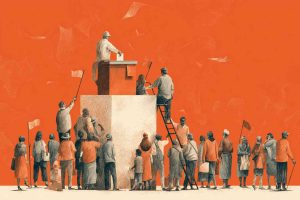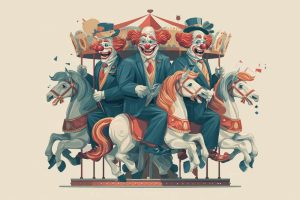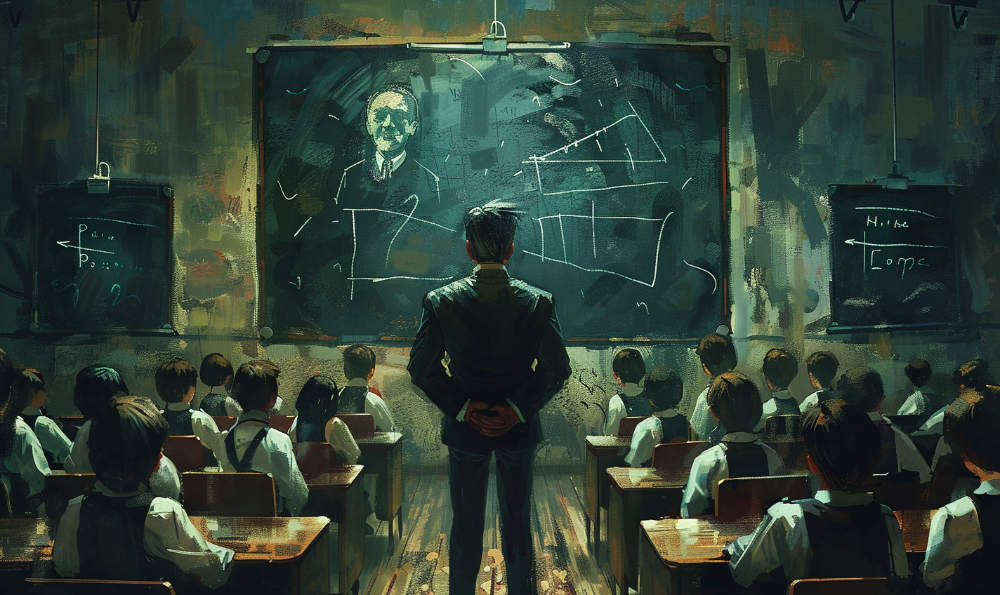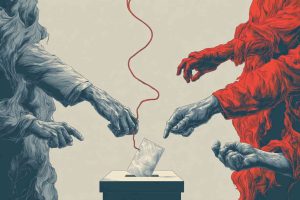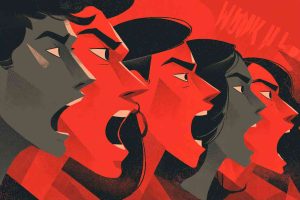The lottery illusion: how governments turned gambling into a moral betrayal
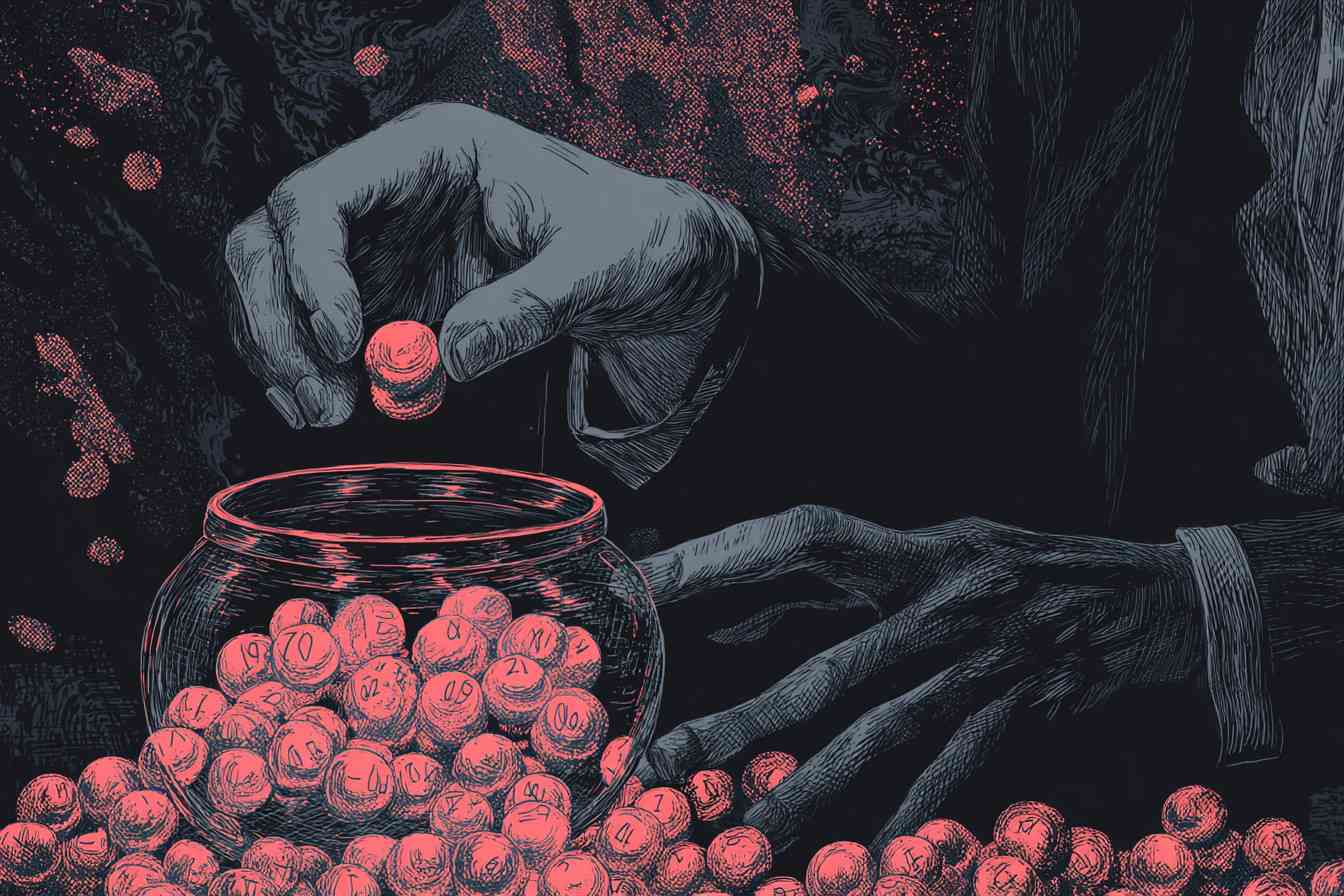
A game built on false hope
Lotteries have long been sold as harmless entertainment, a glittering fantasy where ordinary people can win unimaginable wealth with the purchase of a simple ticket. Yet behind the smiling faces of winners and the feel-good advertising campaigns lies a mechanism of exploitation, often orchestrated not by private companies but by the very institutions tasked with protecting citizens: their governments. State-owned lotteries represent one of the most cynical contradictions in modern governance. They are marketed as a public good, funding education or healthcare, while in reality functioning as regressive taxes on the poor and a moral failure of public policy.
How lotteries exploit the vulnerable
The mathematics of lotteries are brutally clear: the odds are astronomically against the player. In most national lotteries, the chance of winning the jackpot hovers around one in tens or hundreds of millions. Economists and behavioral scientists have repeatedly shown that those who buy the most tickets are often the ones least able to afford them. A study titled Who Plays the Lottery? Findings from a National Survey (Clotfelter & Cook) demonstrated that participation rates are highest among lower-income and less-educated citizens.
This makes lotteries not merely a form of entertainment, but a state-endorsed transfer of wealth from the poor to the public treasury. The moral contradiction is striking: governments that publicly condemn payday lenders or gambling addiction simultaneously depend on these same psychological vulnerabilities to fill budget gaps. As author David Just noted in The Behavioral Economics of Lottery Play, the industry thrives on cognitive biases like “availability heuristic” and “optimism bias”, the human tendency to overestimate the likelihood of rare positive events.
The illusion of “good causes”
State-run lotteries justify their existence by claiming to fund education, healthcare, or cultural projects. The UK’s National Lottery advertises that “every ticket makes a difference, ” and in many European countries, similar narratives are promoted. Yet multiple investigations have shown that such funds often replace, rather than supplement, existing public budgets. In other words, lottery revenue allows governments to redirect tax money elsewhere, without genuinely increasing spending on the public good.
In The Economics of Gambling (Forrest & McHale), the authors demonstrated how earmarking lottery funds for specific causes often creates a “moral laundering” effect: citizens feel virtuous when gambling because they believe their losses serve a higher purpose. This psychological manipulation blurs the line between charity and exploitation. Moreover, the supposed beneficiaries, schools, hospitals, social programs, receive only a fraction of the total revenue. In some countries, less than 30% of lottery proceeds go to public services after administrative costs, retailer commissions, and marketing expenses are deducted.
Governments as predatory marketers
Perhaps the most disturbing aspect of state lotteries is the deliberate marketing strategy employed. Lottery campaigns are carefully designed to evoke hope, belonging, and emotional resonance. They rarely emphasize the near impossibility of winning, focusing instead on aspirational imagery, smiling families, luxury holidays, and the sudden transformation of ordinary lives. Governments, in this sense, behave like the very corporations they are meant to regulate.
Research such as Selling Hope: State Lotteries in America (Clotfelter & Cook) exposes how lotteries rely on psychological manipulation akin to that of tobacco or alcohol industries. They frame gambling not as financial risk but as a community event, a contribution to society. In reality, the emotional framing masks the exploitation of those who are statistically most likely to play: citizens facing financial hardship, unemployment, or social isolation.
A moral and political failure
A government’s legitimacy rests not merely on its capacity to govern, but on its moral duty to protect and uplift its citizens. Encouraging gambling addiction under the guise of “public benefit” is incompatible with that responsibility. States that profit from human weakness become, in effect, dealers of despair. The hypocrisy is compounded by the fact that these same governments often fund campaigns against gambling addiction, using money derived from gambling itself.
The ethical contradiction was starkly summarized in The Ethics of State Lotteries (Nelson), which argues that state involvement in gambling violates the principle of fairness. When the institution responsible for public welfare becomes dependent on citizens’ losses, moral governance collapses into cynical opportunism. The fact that governments justify this with utilitarian rhetoric, claiming the ends (funding education) justify the means (promoting gambling), does not absolve the ethical failure.
The economics of dependence
Lotteries have become deeply integrated into public finances. In the United States, for example, state lotteries generated over $100 billion in ticket sales in 2023, with a significant portion going directly to state budgets. The UK, France, and the Netherlands all follow similar models, where lotteries are not merely tolerated but encouraged by law. Once entrenched, this dependency creates a vicious cycle: governments rely on gambling income, so they must maintain or increase participation, which means more aggressive marketing and more normalization of addictive behavior.
In Gambling and the Public Interest (Walker), it is noted that this dependency distorts public policy priorities. Rather than addressing poverty or inequality directly, governments use lotteries as a psychological pressure valve, offering the illusion of mobility instead of structural reform. Citizens are told they can “change their lives overnight, ” which conveniently distracts from the lack of real economic opportunity.
The psychological toll
For many, the emotional consequences of persistent lottery participation are severe. Studies in behavioral psychology, such as The Lottery and the Dream (Stark & Stark), describe how chronic players often experience feelings of failure, guilt, and social isolation. The “near miss” phenomenon, where players almost win, reinforces addiction patterns similar to those found in slot machine gamblers. The result is not hope, but despair masked as entertainment.
Governments rarely address these outcomes because doing so would expose the contradiction inherent in state-run gambling. The victims of these policies are not reckless thrill-seekers but often working-class citizens seeking relief from economic stagnation. As philosopher Michael Sandel wrote in What Money Can’t Buy, when governments commodify human desperation, they erode civic virtue and trust.
The betrayal of public trust
State lotteries are not simply financial instruments, they are moral litmus tests. When governments use their authority to promote harmful behavior for fiscal gain, they reveal their priorities: revenue over responsibility, illusion over integrity. The betrayal is particularly acute because it hides behind a veneer of benevolence. Citizens are told they are helping fund schools or hospitals, when in truth, they are subsidizing state inefficiency and moral decay.
The contradiction could not be clearer: the same state that taxes sugary drinks or restricts advertising for alcohol to protect public health eagerly markets gambling, a proven source of addiction and financial ruin. It is an ethical double standard dressed in colorful scratch cards and televised draws.
Toward a responsible alternative
Ending state lotteries would require governments to confront uncomfortable truths about fiscal policy and moral governance. There are alternatives: progressive taxation, financial literacy programs, and transparent budgeting could replace the need for exploitative gambling revenue. But such solutions demand political courage, honesty, and a respect for citizens as rational adults rather than psychological targets.
Some jurisdictions have begun to recognize this. In Norway, for example, strict advertising limits and mandatory warnings have been introduced, while in Finland, debates continue about whether a monopoly lottery model is compatible with social responsibility. These are small steps, but they acknowledge a basic moral principle: governments should not profit from citizens’ suffering.
A test of moral governance
Lotteries are often dismissed as trivial, a harmless flutter with the potential to do good. But when examined closely, they reveal something far darker about the relationship between citizens and the state. A government that funds itself by selling false hope cannot claim to serve the public good. It has abandoned its duty of care and embraced a form of institutionalized gambling addiction.
The true lottery, then, is not the one played by ticket buyers but by the citizens themselves, who gamble their trust on governments that have long since forgotten the meaning of responsibility.



